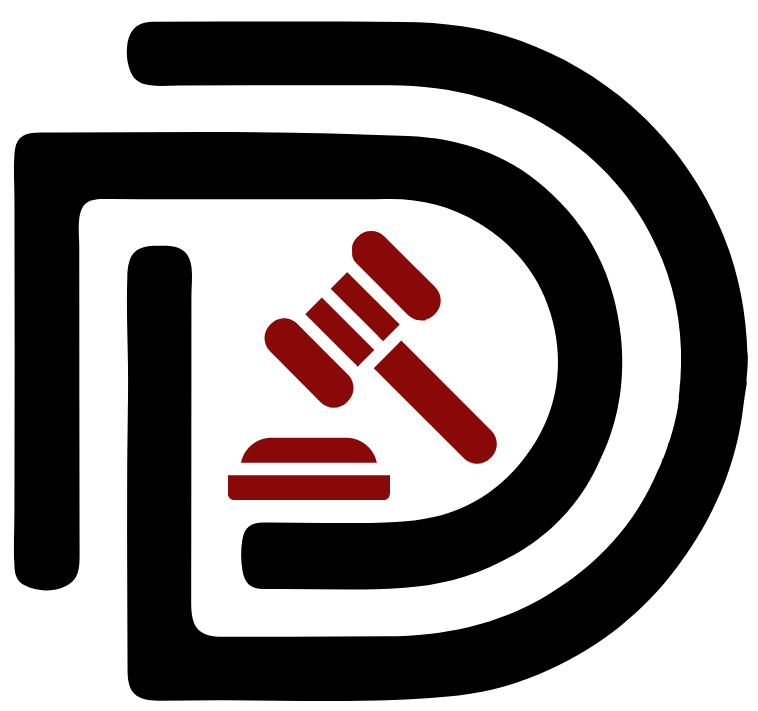R v Lockley [1995] Crim LR 656
Robbery under Section 8(1) Theft Act 1968, appropriation is a continuing act
Fact:
The accused person took cans of beer from a liquor store without paying for them. The store owner attempted to stop the defendant from leaving the store with the stolen items, but the defendant attacked the store owner in order to escape. The defendant was found guilty of robbery and appealed the conviction, claiming that a previous court case, R v Gomez, had overruled a different case, R v Hale, regarding the question of whether the act of taking something without permission was a continuing act.
Issue:
The defendant argued that his conviction for robbery, which is defined in section 8(1) of the Theft Act 1968, cannot be upheld because it requires proof of a completed theft, as defined in section 1(1) of the Theft Act 1968, along with the use of force against a person at the time of the theft or immediately before it. He claimed that the theft of the cans was completed before the assault on the store keeper. He further stated that the court decision in R v Hale, which held that taking something without permission was an ongoing act, had been overruled by R v Gomez and that the act of taking something without permission is complete when the defendant does an act that shows they assume ownership of the property. Based on this, he argued that the act of taking the cans was complete before the assault on the storekeeper and therefore, it did not amount to robbery.
Held:
he court determined that the case of R v Hale had not been overruled by the decision in R v Gomez regarding the point at issue. For the purpose of determining whether an act is robbery, taking something without permission is considered a continuing act, and it is up to the jury to decide whether the theft was completed before the use of force. As a result, the defendant’s conviction for robbery was upheld.
Join UOL LLB Crash Course online along with Solved Pastpapers, click here for more information
Answering problem questions in the University of London LLB programme requires a clear understanding of legal principles, good analytical skills and the ability to apply the law to a given set of facts. Here are some tips to help you answer problem questions effectively:
- Read the question carefully: Make sure you understand what the question is asking before you begin writing.
- Identify the legal issues: Identify the legal issues raised by the facts and the relevant laws that apply to those issues.
- Analyze the facts: Analyze the facts presented in the question, focusing on the details that are relevant to the legal issues.
- Apply the law: Apply the relevant laws to the facts, making sure to consider all relevant legal principles and cases.
- Structure your answer: Use a clear and well-structured approach, starting with an introduction that outlines the main legal issues, followed by a discussion of the relevant laws and a conclusion that summarizes your analysis and sets out your conclusion.
- Use relevant cases and statutes: Cite relevant cases and statutes to support your analysis and help illustrate the legal principles you are discussing.
- Be concise: Be concise and to the point, focusing on the key issues and avoiding unnecessary detail.
- Proofread: Proofread your answer carefully to make sure it is error-free and clear.
- Time management: Make sure you manage your time effectively, leaving enough time to review your answer and make any necessary corrections.
By following these tips, you should be able to answer problem questions in the University of London LLB programme effectively and with confidence. Good luck!
